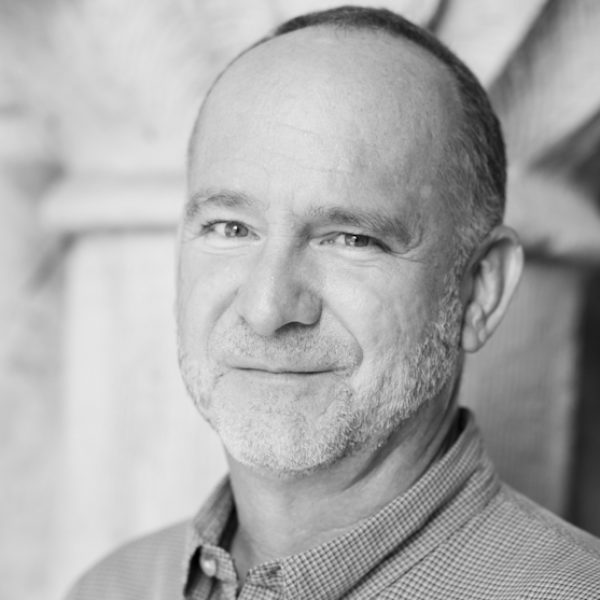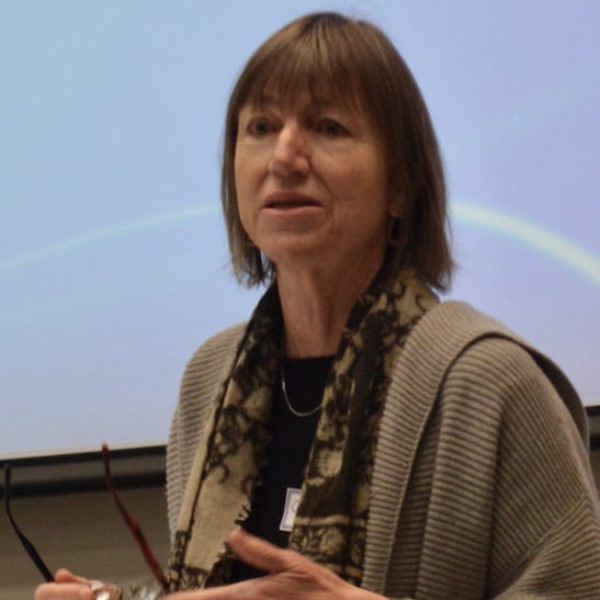Please register here for online participation
Against the backdrop of widespread perceptions that transformative constitutionalism in general and land reform in particular have fallen short of their promises to bring about redistributive justice in substantive and meaningful ways, South African public discourse has been dominated over the past few years by debates about the need to amend the property clause (section 25) of the Constitution to allow for expropriation of land without compensation. After the National Assembly adopted the motion in 2019 to amend the Constitution to explicitly allow for such expropriation, the “Ad Hoc Committee to Initiate and Introduce Legislation Amending Section 25 of the Constitution” engaged in the legislative process to effect these proposed changes. Given the magnitude of the task but also due to the outbreak of the Covid-19 pandemic, it took the Ad Hoc Committee substantially longer than initially anticipated to table its final report (on 8 September 2021) and officially introduce the Constitution 18th Amendment Bill to Parliament.
On 7 December 2021, the National Assembly finally rejected the Constitution 18th Amendment Bill, which did not come as a surprise given the disapproval of its wording among opposition parties. However, irrespective of this failed constitutional amendment, the new Expropriation Bill is still on the table, explicitly specifying circumstances in which “nil compensation” may be just and equitable. And in any case, the contestations over land justice and how to interpret and give force to Section 25 of the Constitution are not going to go away.
Taking these politically, morally and emotionally charged discussions as a starting point, this international conference aims at going beyond narrowly confined exchanges about the pros and cons of “expropriation without compensation” to engage larger debates about constitutional amendment, land reform and the future of redistributive justice in South Africa, in critical, constructive and creative ways. Bringing together leading experts in the fields of South African property law, land reform and redistributive justice in general, the event – taking place on 17-18 February 2022 at the Stellenbosch Institute for Advanced Study (STIAS) – is meant to be both a critically reflective and normatively oriented project. The aim is to take stock of the constitutional amendment (as it will stand at the time) and to use this as a springboard to think productively beyond conventional forms of land reform towards alternative futures of transformative redistribution as well.
In order to achieve this goal, the conference will proceed through three consecutive panels, each involving a confirmed expert in the respective field: on South African property law (Zsa-Zsa Boggenpoel, South African Research Chair in Property Law), on land reform (Cherryl Walker, South African Research Chair in the Sociology of Land, Environment and Sustainable Development), and on redistributive justice (James Ferguson, Stanford University).
The first panel on “The rights and wrongs of South African property law” will discuss the nature of property law, the possibilities to use section 25 in its 1996 form and in potentially amended versions for compensation substantially below market value or even nil compensation, the constitutionality of such provisions and the implications for national and international investments (also international property law obligations), food security and banking/the use of land as collateral. The subtext to this panel is that the constitutional amendment might not be the key issue in the failure of state-driven land reform and transformative redistribution, as much more far-reaching forms of transformation might already have been possible on the basis of the original section 25 and amendments to it are unlikely to make a significant difference; rather, political will and the capacity to implement the law as it stands, as well as to think in more creative ways about the possibilities for radical redistribution might be key challenges.
The second panel on “Potentials and pitfalls of land reform in the shadow of constitutional change” is intended to reflect on two closely intertwined issues: on the one hand, the direct and uneven impact, if any, that the constitutional amendment, additional bills (such as the new Expropriation Bill) and evolving jurisprudence might have for land reform in all its different forms and varieties and, on the other hand, those aspects and problems of land reform that may have been denied or pushed aside because the discussion of expropriation without compensation has so dominated public debate in recent years. Issues here include questions about redressing historical dispossession; the need for diversification of land holding and production; land reform
and poverty reduction; land and gender inequality; the future of traditional institutions; managing different rural and urban demands, and commercial farming, employment and food security. What is also needed is thinking beyond well-rehearsed forms of land usage towards alternative values that land might embody in a context of climate change, along with jobless growth, water shortages and calls for a new energy dispensation.
The third panel “Imagining alternative futures of redistributive justice in South Africa” is intended to move beyond the narrow focus on the constitutional amendment and land reform proper, inviting us to conceive broader possibilities for radical transformation under, or possibly also beyond, the rule of law: for instance, how to reconcile productively the necessity for redressing past injustices with urgent societal needs for the future in the fields of public health, poverty reduction, housing, education, employment, economic growth, social security etc.? What are the most promising fields for effective transformational engagements in terms of costs and benefits? What is it that South Africa can and must afford to do, and in what order? How to ensure that all South Africans increasingly benefit from their rightful share in the nation’s wealth? Are there possibly more efficient ways to expand the revenue for radical transformation substantially, for instance through a progressive transformation tax, rather than trying to reduce state expenditure piecemeal through expropriation without compensation? What kinds of justice are institutionalised through expropriation without compensation, or through spreading the costs progressively across South African society at large, or through yet other means, and which form(s) of redistributive justice will benefit South Africa in the best possible ways?
The outcome of this thought-provoking exchange will be published as promptly as possible in a high-quality, peer-reviewed, edited volume within the STIAS Series of AFRICAN SUN MEDIA, as both critical commentary on and an innovative policy input for the redistributive transformation that South Africa so urgently needs.
Programme and enquiries
Please download the programme here.
For all enquiries & communication, please contact Olaf Zenker (Martin Luther University Halle-Wittenberg & STIAS project leader): [email protected]
For further information on this STIAS project see:




